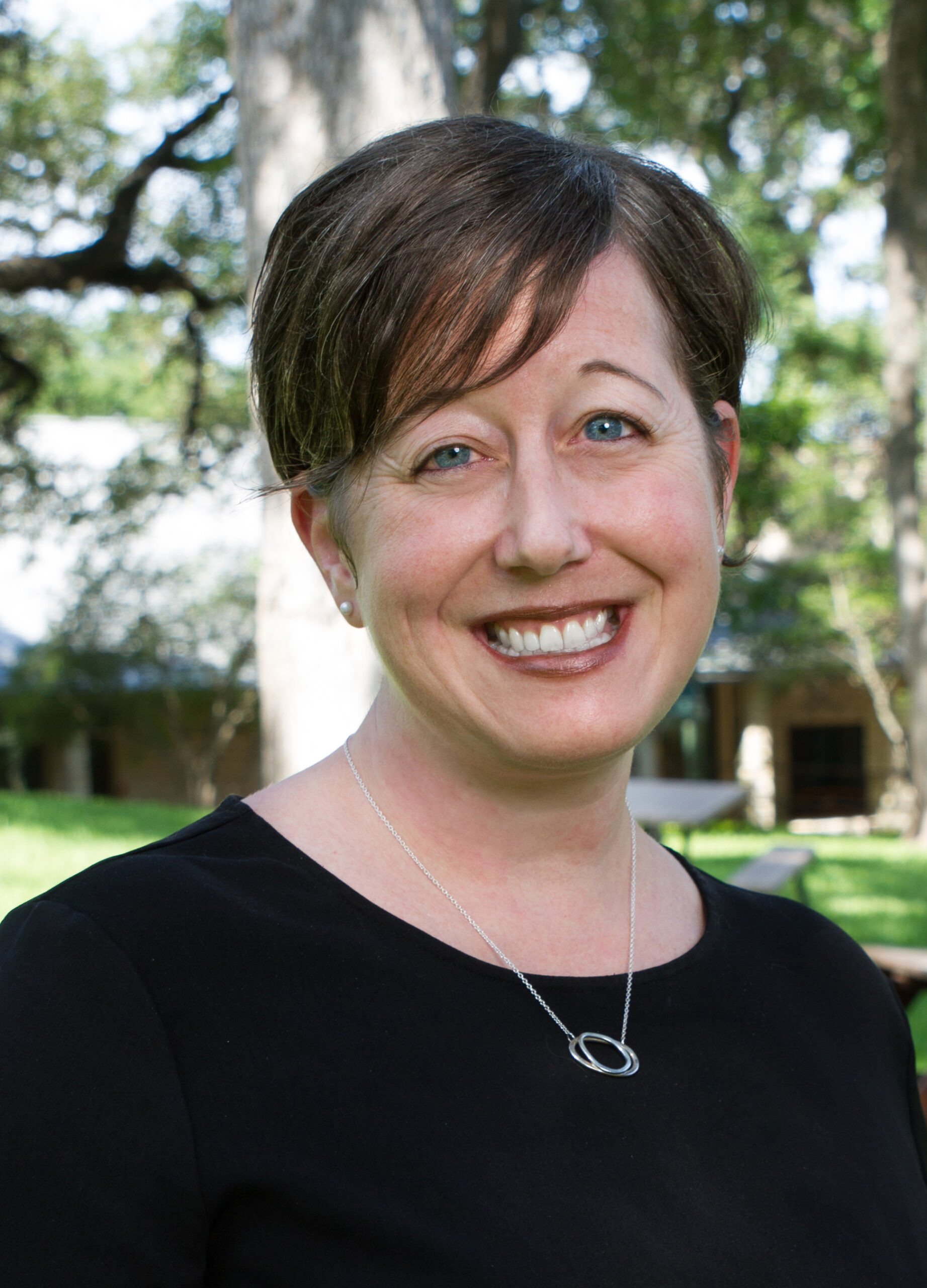A few weeks ago, I sat on my living room couch on a Saturday afternoon reading Reconciling All Things: A Christian Vision for Justice, Peace and Healing. The book was chosen by our seminary in observance of Black History Month as a discussion catalyst for the community. Afterward, I found myself thinking about racial reconciliation in slightly new ways.
Creating Something New
I encounter the word “reconciliation” frequently in my work as a counselor, researcher, and faith community consultant. It comes up often when we speak of churches committed to inclusion of LGBT members. In Latin, the word (re-concilare) has a relational sense: “to bring together again” or to connect otherwise disconnected people or ideas.
That appeals to me—bringing together folks who feel distant or separated from one another. But then I thought, “to bring together again implies they were once connected. And that may not always be the case.” So if the goal isn’t just restoring connection but creating it… what then? What can we hope for in communities where the story of togetherness began with the oppression of one group by another?
Slowing Down, Using Caution
Reconciling All Things was co-authored by Emmanuel Katangole who calls himself a restless Catholic priest from Uganda, and Chris Rice who calls himself a white, American, protestant, academic. Together they challenge the assumption of many of us that “reconciliation” is a noun. As a researcher, I’ve been guilty of this—thinking of reconciliation as a place at which we’re trying to arrive.
Yet, Katangole and Rice caution me as a white woman, a social scientist, and a Christian committed to peace; I can feel tempted to rush the relational process of reconciliation. Programs, strategies, outcomes… all these can bring about important political change, but also distract us from the heavy lifting of genuine relationship. Jesus sought to reconcile us on the deepest level where reconciliation is a verb—a process that never ends. On this level, maybe reconciliation looks like ongoing messy, authentic, inefficient, unprofessional, slow, loving participation in one another’s lives.
Living Imperfectly Together
I’m inspired by this idea of reconciliation as untidy, unproductive, imperfect life together. Our family lives in a historic black neighborhood. Shortly after moving in, our pet got loose and caused a good deal of inconvenience for our neighbor. We’ve done our best to make amends, but she has reason to feel angry about it. A few weeks ago, she surprised me by knocking on our door with a big smile and bags of apples to share. I invited her in and we sat in the kitchen exchanging stories about our children. She may still feel angry but she also fed us. We may still feel embarrassed but we’ll also ask about her kids by name. Perhaps our families are traversing new paths of reconciliation.
The authors of Reconciling All Things quote a Rwandan proverb that says, “To go fast, walk alone. To go far, walk together.” The pragmatist in me desires to go farther faster. So, I’m grateful for diverse others with experience and wisdom who are teaching me to walk slower, listen, and learn. After reflecting on this book and conversations this month, I’m curious now to explore the following questions:
Where do I sense God calling me into more authentic cross-cultural relationships?
When is it time to slow down and tend to relational connection, and when is it time to push ahead processes of social or political reform?
What might I need to change about my pace of life to make space and time for reconciling relationships?
What can I learn from Jesus’ relationships with those different from him?


